Science Illustrated delivers natural science, break through discoveries and an understanding of the world for the entire family. Packed with stunning photography and in-depth editorial it’s a visually spectacular gateway to the world looking into the beginning of life to distant objects in the universe.
Win THE COMPLETE GARDENER’S PACK
Science Illustrated
MEGAPIXEL // CAVE ART
MEGAPIXEL // SPACE STATION
‘Galaxy fragments’ from the early Milky Way discovered • Via the extended mission of the European Space Agency’s Gaia space observatory, a group of astronomers has found a key part in the story of the origin of our galaxy.
Humpbacks enjoyed pandemic • University of Queensland-led research has found migrating humpback whales off Australia became less stressed during the COVID-19 pandemic.
Marine worm has giant eyes and may communicate via bioluminescence • A peculiar Mediterranean worm has sophisticated vision that could help settle a long-running evolutionary dispute about the origin of eyes.
Can you remake your personality? • Much of your personality is formed early and remains relatively stable throughout your life. But there are ways you can work with it, according to a new paper from two psychologists.
Closer look at ‘ghost shark’ finds new species • A deep-sea ‘chimaera’ was found far outside its usual waters. So the international research team that found it looked more closely.
The hunt for salt-friendly plant crops
The world’s largest aircraft built to transport one thing • Giant planes are often presented as offering economy in fuel and other outlays by transporting so many people at once. But a new plane – to be the world’s biggest – has a greater impact planned.
Hidden water world of new species discovered off the coast of Chile • Kilometres below sea level off the coast of Chile, scientists have discovered unexpectedly diverse worlds along two subterranean mountain ranges.
Time perception changes your body’s healing processes • Two Harvard researchers have shown that healing can be affected simply by manipulating concepts of time.
Blue whales breed regularly and successfully with finbacks • The world’s largest animal has been widening its search for love, reveals a DNA research project which found increased hybridisation of blue whales with their closest relatives, fin whales. The tactic of wider mating may be the result of desperately low blue whale populations.
Astronomers discover a new source of stardust • Supernova shock wave produces ‘freshly-baked’ stardust.
How did water originate on Earth? • Life as we know it depends on water, and we wouldn’t be here without it. But where did our planet’s water actually come from?
Are vapes and e-cigarettes harmful? • “Why are vapes and e-cigarettes being banned when they are less harmful than burning actual cigarettes? What does the science say?”
Why are there no green stars? • When we look at the sky, stars can appear to be red, yellow, white or blue. But why are there no green stars?
Can you die of sleep deprivation?
…all microorganisms disappeared? • “If viruses can be so bad, could we somehow kill all bacteria and viruses? What effects might there be?”
Could global warming have an effect on Earth’s geology? • “We hear about the effects of global warming on oceans and storms. But could higher temperatures affect Earth’s geology to trigger more earthquakes or volcanoes?”
TOP 5 · Which animals have the longest coupling period? • Humans typically copulate for a few minutes, but many animals mate for longer. Which animals hold the record?
How cold can it get? • It may be a cold winter in parts of Australia, but in global terms we have it pretty easy here.
Are wet clothes...
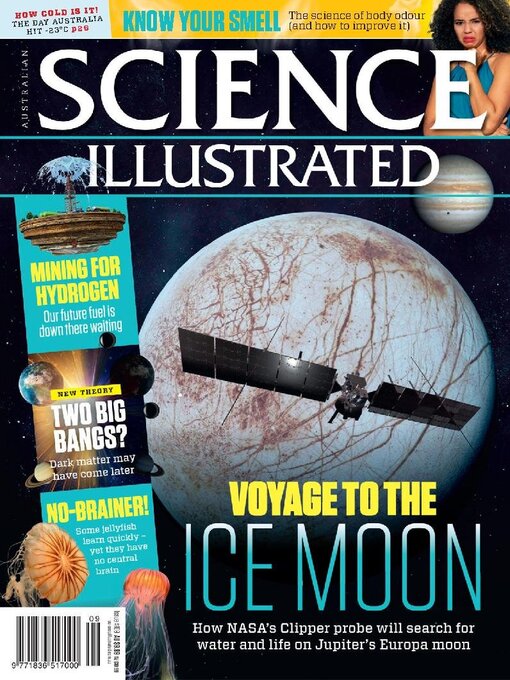
 Issue 111
Issue 111
 Issue 110
Issue 110
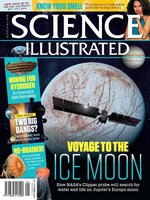 Issue 109
Issue 109
 Issue 108
Issue 108
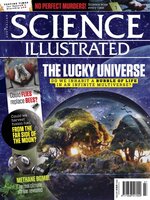 Issue 107
Issue 107
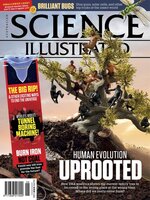 Issue 106
Issue 106
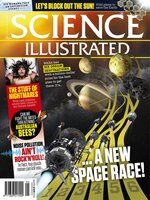 Issue 105
Issue 105
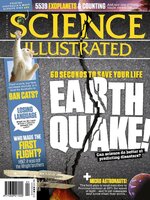 Issue 104
Issue 104
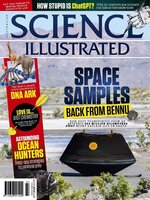 Issue 103
Issue 103
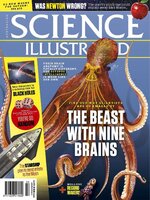 Issue 102
Issue 102
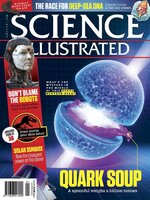 Issue 101
Issue 101
 Issue 100
Issue 100
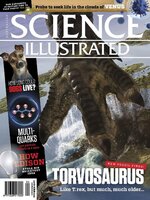 Issue 99
Issue 99
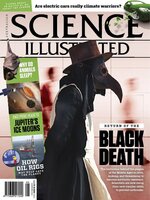 Issue 98
Issue 98
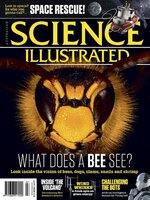 Issue 97
Issue 97
 Issue 96
Issue 96
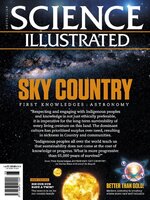 Issue 95
Issue 95
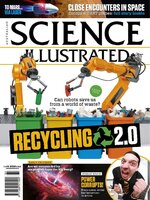 Issue 94
Issue 94
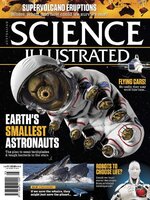 Issue 93
Issue 93
 Issue 92
Issue 92
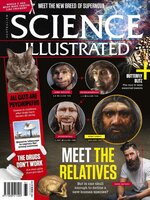 Issue 91
Issue 91
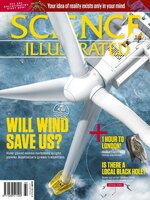 Issue 90
Issue 90
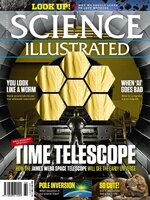 Issue 89
Issue 89
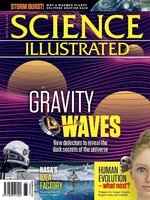 Issue 88
Issue 88
